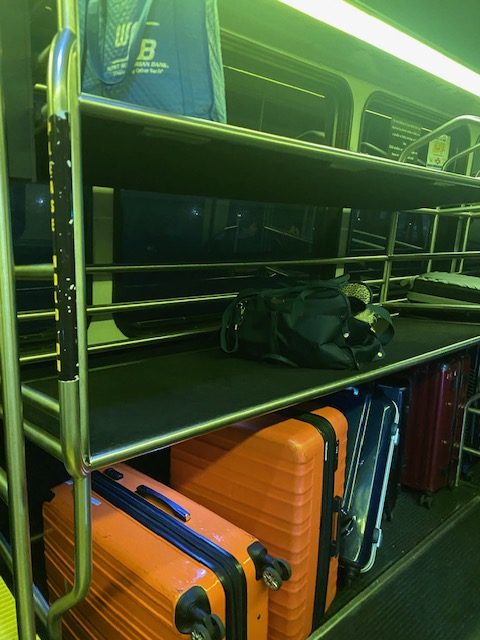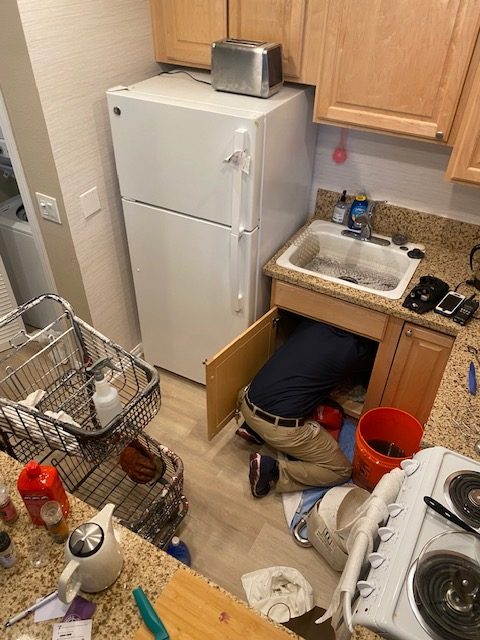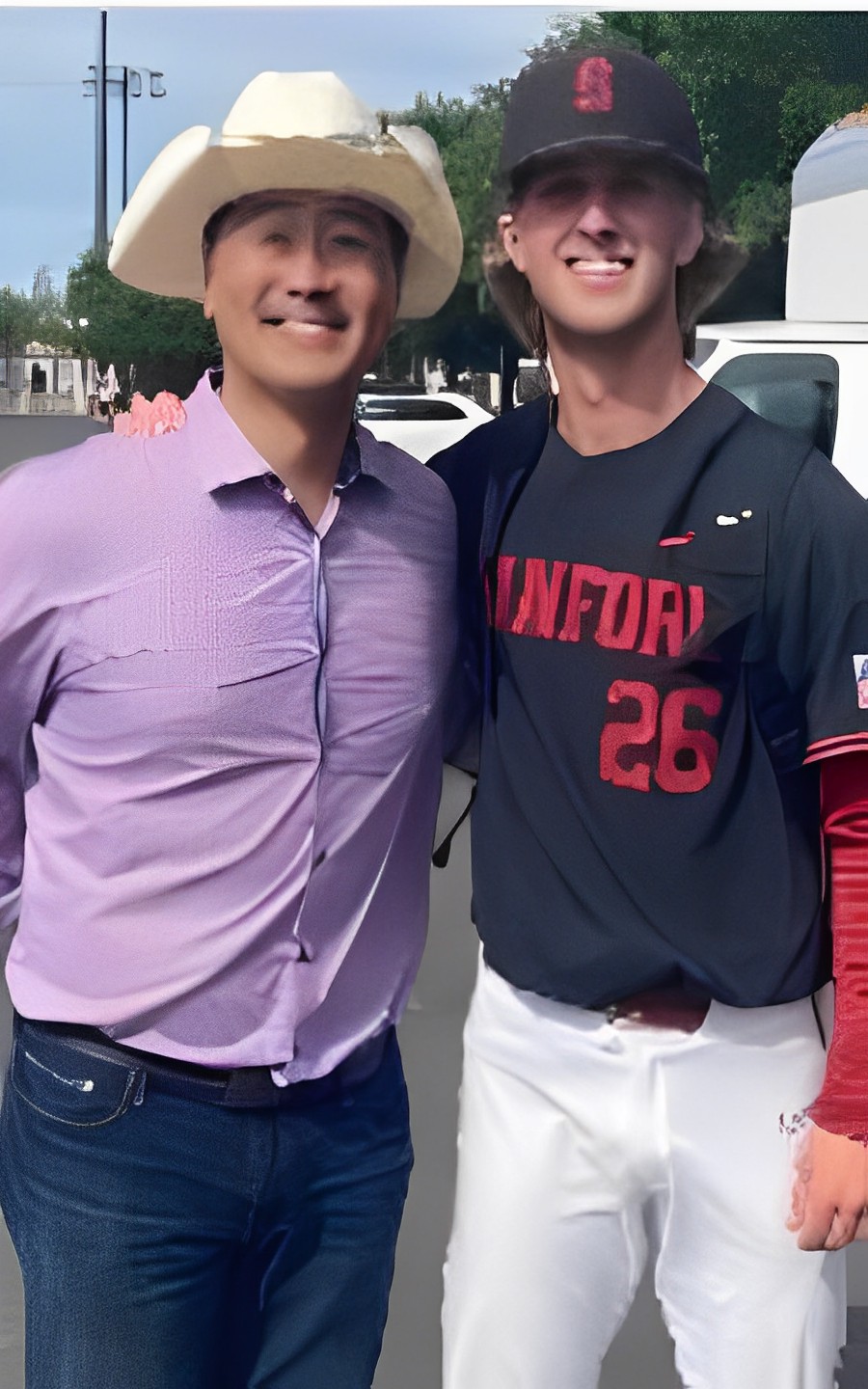You call the airline to change your delayed flight. The agent says he can’t help—the computer won’t let him. You ask to speak to his manager. She says the same thing. You escalate to her manager. Same response. Everyone wants to help you. No one can. The system has decided, & the system doesn’t explain itself.
This is what Dan Davies calls an accountability sink in The Unaccountability Machine.
Accountability sinks are systems designed so that when things go wrong, no individual human can be held responsible for fixing them. He argues that “decisions are delegated to a complex rule book or set of standard procedures, making it impossible to identify the source of mistakes when they happen.”
This often happens the larger the organization becomes. It’s a tactic to diffuse risk.
With AI, this dynamic is likely to worsen. Quoting from the book, “In the future, ‘I blame the system’ is something we will have to get used to saying, and meaning it literally.”
I blame the AI.
When uttered, those words bring the world to a standstill like a Waymo stopped in the middle of a busy intersection. What’s the next step?
It’s fortuitous then that the Founder Mode ethos has arisen at the same time as blaming the AI system. The essence of founder mode is the opposite of accountability sinks. All the responsibility falls to one person.
“The extent to which you are able to change a decision is precisely the extent to which you can be accountable for it.” So designing accountable organizations mean defining roles & systems for people where they are accountable & can override the system’s output.
In addition, Davies argues for feedback loops from the bottom to the top. Skip-level meetings where a manager’s manager meets with a team member is one example.
But in the age of AI, that’s not enough. The digital reams of information racing through an organization may be too much to keep up with. If accountability sinks were a problem before this deluge, imagine the impact afterwards.
Redesigning roles and AI systems with human overrides will be essential to ensuring accountability. At least for now, every key decision still needs a person behind it & maybe that’s enough to rebook quickly enough to get home for dinner.
| |
| |
 |
 |
|
 |
 |
| You call the airline to change your delayed flight. The agent says he can’t help—the computer won’t let him. You ask to speak to his manager. She says the same thing. You escalate to her manager. Same response. Everyone wants to help you. No one can. The system has decided, & the pic.x.com/IEEo1E3AeN |
| |
| 9/22/25, 4:24 PM |
|
|
| |
Chapter 1 to Chapter 14’s an “Easter Egg” at #ch1 to #ch14. Including #ch2 which’s chapter 2 at my house in Napa California
http://www.youtube.com/watch?v=ejeIz4EhoJ0
On 09-09-39, “What They Will NEVER Teach You at Stanford Business School” debuts at 300 w 44th St at New York Fashion Week’s front row
http://www.youtube.com/watch?v=QXIaNZi3mHQ
Larry Chiang
Fund of Founders
Founding Stanford EIR
@duck9 alum, Deeply Understood Capital Credit Chinese Knowledge 9
Solo Founder Uber API
650-566-9600 Office
650-566-9696 Direct
Cell: 415-720-8500
650-283-8008 (cell)






 Duck9 is a credit score prep program that is like a Kaplan or Princeton Review test preparation service. We don't teach beating the SAT, but we do get you to a higher credit FICO score using secret methods that have gotten us on TV, Congress and newspaper articles. Say hi or check out some of our free resources before you pay for a thing. You can also text the CEO:
Duck9 is a credit score prep program that is like a Kaplan or Princeton Review test preparation service. We don't teach beating the SAT, but we do get you to a higher credit FICO score using secret methods that have gotten us on TV, Congress and newspaper articles. Say hi or check out some of our free resources before you pay for a thing. You can also text the CEO:







